From Raul Vinci to Muhammad Yunus: Mercenaries of ‘Operation PAIRS’
- Update Time : Thursday, February 13, 2025
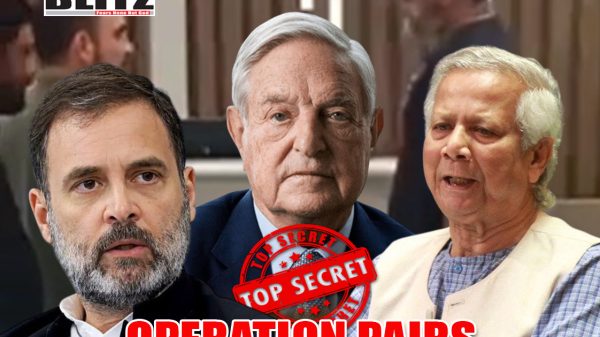
In recent years, geopolitical maneuvering has taken on new dimensions, with covert operations aiming to reshape political landscapes in various nations. One such operation, known as ‘Operation PAIRS,’ has reportedly been orchestrated by influential figures within the Biden-Kamala administration, with direct involvement from entities such as the US State Department, National Endowment for Democracy (NED), and International Republican Institute (IRI). This clandestine initiative allegedly seeks to undermine the leadership of Sheikh Hasina in Bangladesh and Narendra Modi in India, leveraging financial and ideological networks to instigate regime change. The operation’s reach extends into multiple facets of political, economic, and social structures, utilizing media, NGOs, and even extremist elements to execute its objectives.
Deep State, under the Biden-Kamala administration, with active participation of Antony Blinken, Barack Obama, George Soros, and Bill and Hillary Clinton, launched ‘Operation PAIRS’ in 2021 with the notorious target of toppling Sheikh Hasina in Bangladesh and Narendra Modi in India. Key lieutenants of this heinous plot were Donald Lu – Assistant Secretary of State for South and Central Asian Affairs; Chris Murphy – Senator from Connecticut; and Sumona Guha – US State Department, Policy Planning Staff. This operation was executed by the International Republican Institute (IRI), which is part of the US State Department NGO, NED (National Endowment for Democracy). While IRI has had a presence in Bangladesh since 2001, NED has been providing hundreds of millions of dollars to a number of NGOs as well as news portals, which also played an important role as collaborators of ‘Operation PAIRS’.
Similarly, IRI and NED have connections with NGOs and media outlets in India, along with several journalists, social media influencers, and so-called fact-checkers.
IRI received a grant from USAID and NED. It launched the operation “Promoting Accountability, Inclusivity, and Resiliency Support Program” (PAIRS) with the goal of bringing regime change in Bangladesh and India. In Bangladesh, IRI pushed forward its agenda with the target of enhancing political participation of Bangladeshi citizens and amplifying anti-authoritarian voices. It supported three civil societies, trained 77 activists, and engaged 326 citizens to develop 43 specific policy demands, which were proposed to 65 government officials.
Artists, musicians, and performers were identified, and 11 grants were made available to them. Specific quantitative and qualitative research was conducted to identify the fault lines in Bangladeshi society.
IRI supported socially conscious artists, recognizing them as underutilized actors in a rapidly shrinking civic space. Individual artists and activists are harder to suppress and can often reach a wider audience with democratic and reformist messages.
Marginalized communities were identified as non-threatening beneficiaries, making them more likely to receive government support for advocacy. Through these approaches, IRI’s program raised public awareness of social and political issues in Bangladesh and supported the public in challenging the status quo, ultimately aiming for a shift in power within the country.
Individuals were invited to events, book launches, storytelling sessions, photo exhibitions, art shows, theater performances, dance events, movie and documentary screenings, and roundtable discussions. Some of these were exclusive invite-only events, attended by political and consular officers from the US Embassy. According to their findings, these activities directly impacted 400,000 Bangladeshi nationals.
In India, a similar plot was advanced by the US Embassy in New Delhi and its consulates in a number of cities, where they were holding meetings with diverse groups. At the same time, top executioners of ‘Operation PAIRS’ in Washington have been maintaining regular contact with Raul Vinci, while there have been a series of secret meetings between Vinci, Donald Lu, and other key figures of ‘Operation PAIRS’ in Thailand, Myanmar, and even the United States. Additionally, Raul Vinci was also holding meetings with George and Alex Soros, where he not only received required instructions and advice-Vinci also secured hundreds of millions of dollars.
As part of ‘Operation PAIRS,’ conspirators plotted to destroy India’s economy, job sectors, and stock markets by targeting leading business conglomerates. In this case, the ‘Adani Group’ became the first victim, against which Nathan Anderson, a loyal lapdog of Soros, was deployed with his proprietary company, ‘Hindenburg Research,’ to cause damage to Adani Group and India’s economy.
It may be mentioned here that, months after Narendra Modi’s victory in the 2016 general elections in India, at the request of Antonia Albina Maino, a long-time recipient of Soros funds and member of several Soros-funded NGOs, George Soros recruited Nathan Anderson from another profession, assigned and funded him to establish ‘Hindenburg Research’. and directed him to target large business conglomerates and stock markets in India.
In April 2024, a meeting between Bangladesh Nationalist Party (BNP) leader Tarique Rahman, Jamaat-e-Islami leaders, and the US regime change team took place in London. Subsequently, a similar meeting took place between Raul Vinci and the US regime change team, while in one of the meetings, Raul Vinci had a one-on-one meeting with Tarique Rahman. July was deliberately selected as a key period for intensifying regime change activities, as Bangladesh often experiences floods during this time, keeping the army busy with relief efforts.
Prior to the final episode of regime change actions in July and August in Bangladesh, the US Deep State supplied weapons to various Islamist and jihadist outfits, including local franchises of Al Qaeda, Islamic State (ISIS), and Hamas, while Hizb Ut Tahrir, Rohingyas, and “Stranded Pakistanis” became vital parts of the entire plot. Most of the weapons were transported from Thailand via Myanmar, while Pakistani ISI supplied weapons through different routes, with Donald Lu coordinating this part. Similarly, weapons landed in the hands of various insurgent groups in India.
The revelations surrounding ‘Operation PAIRS’ paint a troubling picture of covert interference in the democratic processes of Bangladesh and India. The systematic funding of opposition forces, manipulation of media narratives, and even alleged arms trafficking indicate a deeply entrenched strategy aimed at destabilization. While these efforts may seek to undermine existing leadership under the pretext of promoting democracy, they raise serious concerns about sovereignty, foreign influence, and national security. As these developments unfold, the role of international actors in South Asian politics will continue to be scrutinized, with potential ramifications for regional stability and global diplomatic relations.


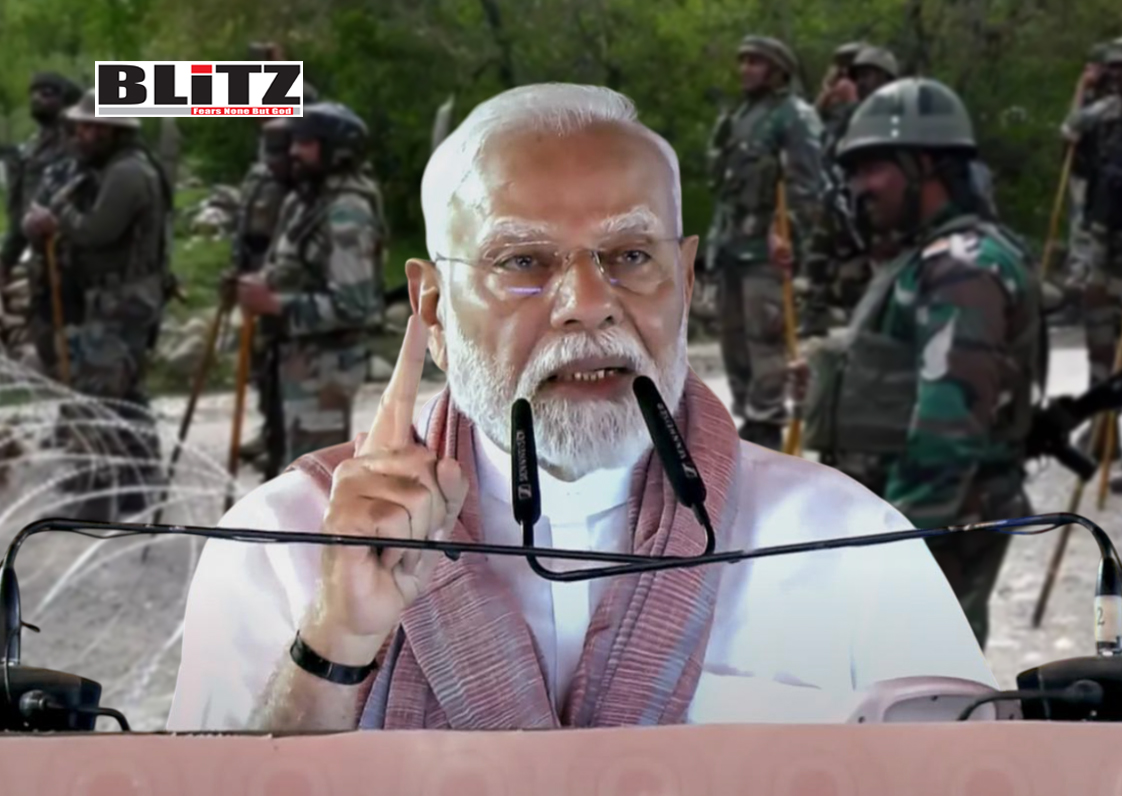
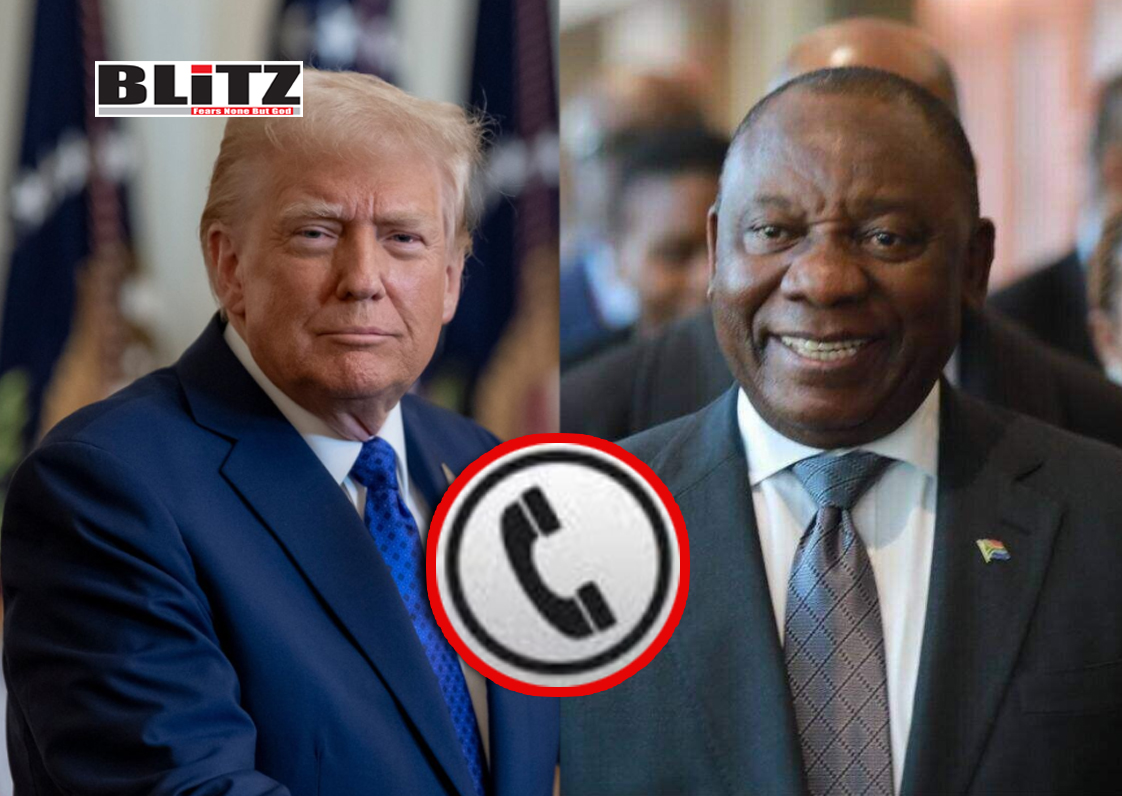

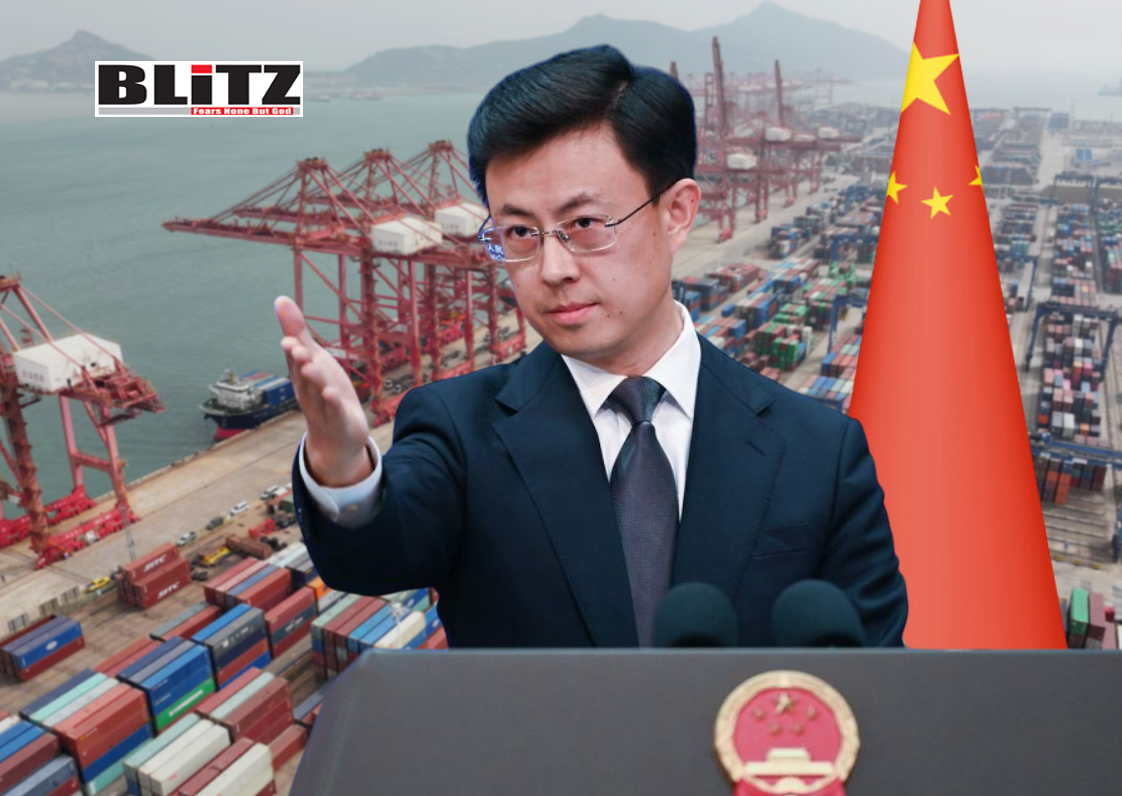
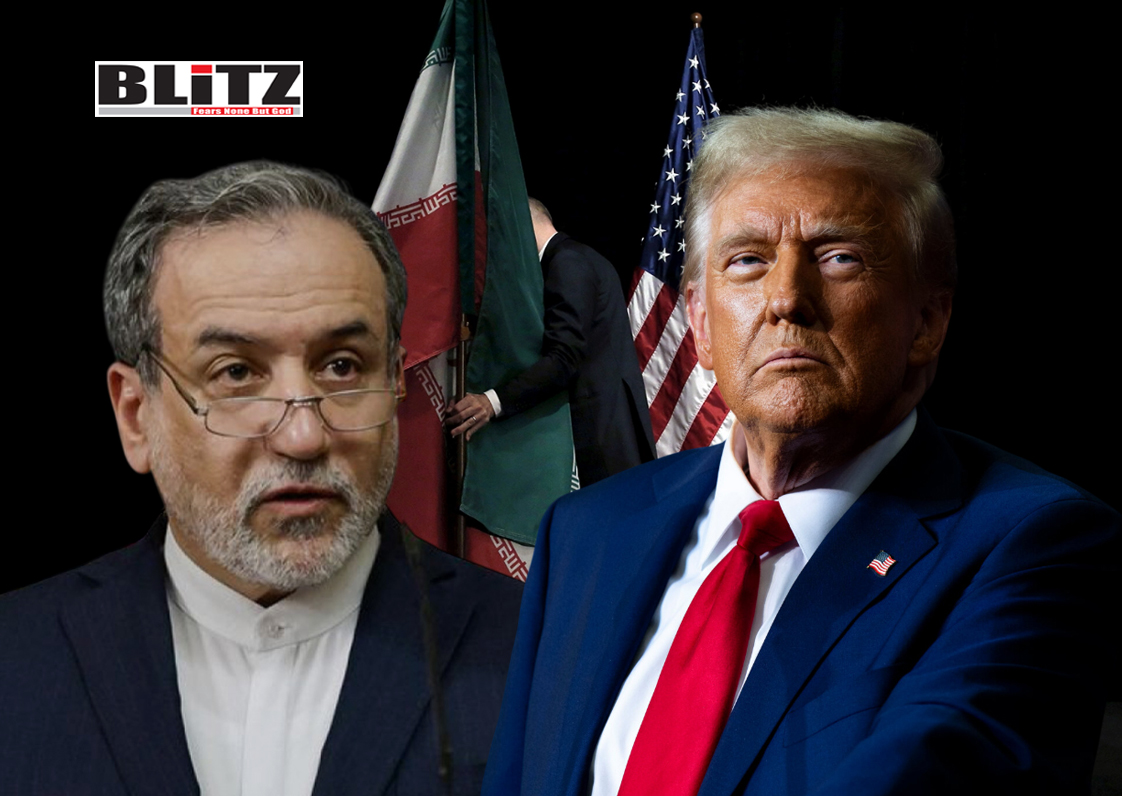
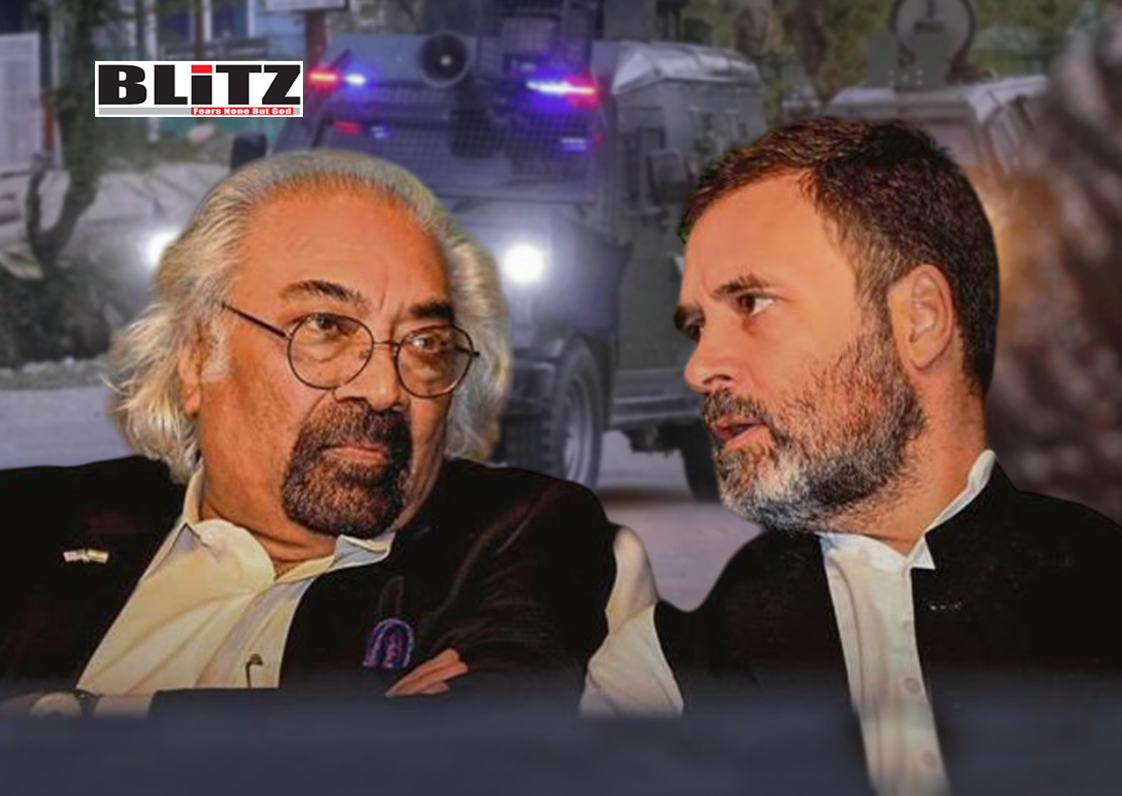
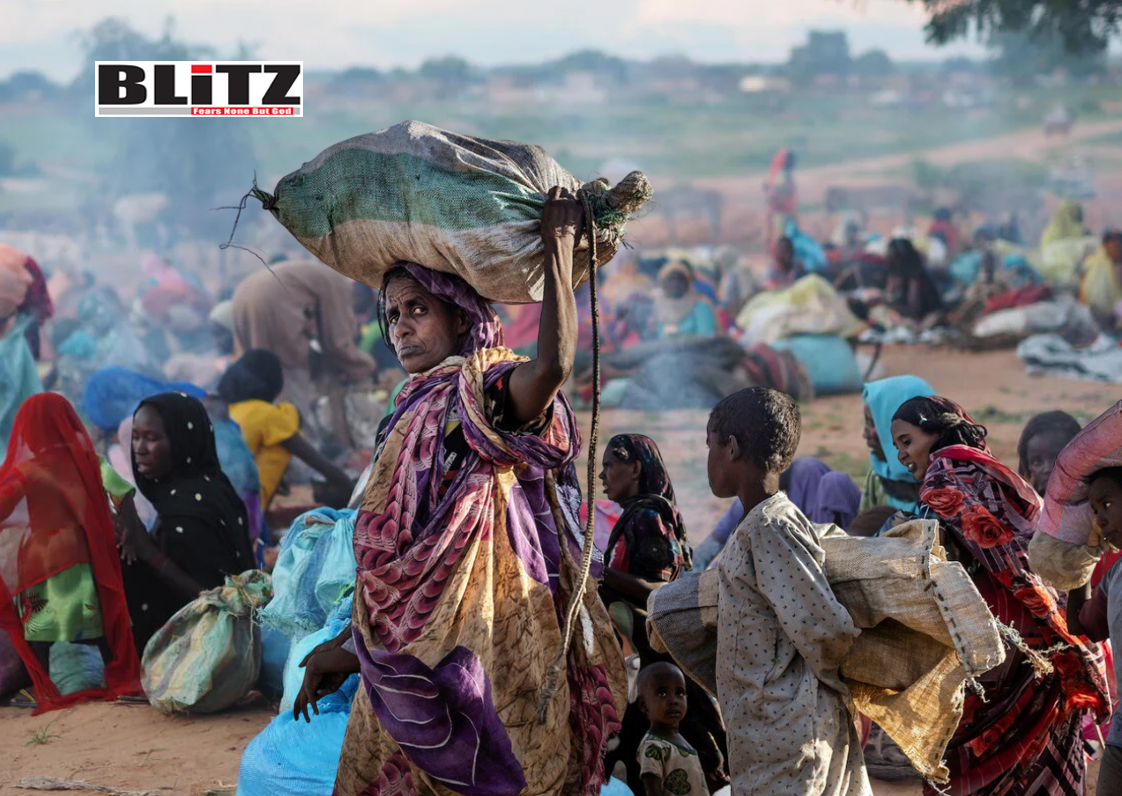
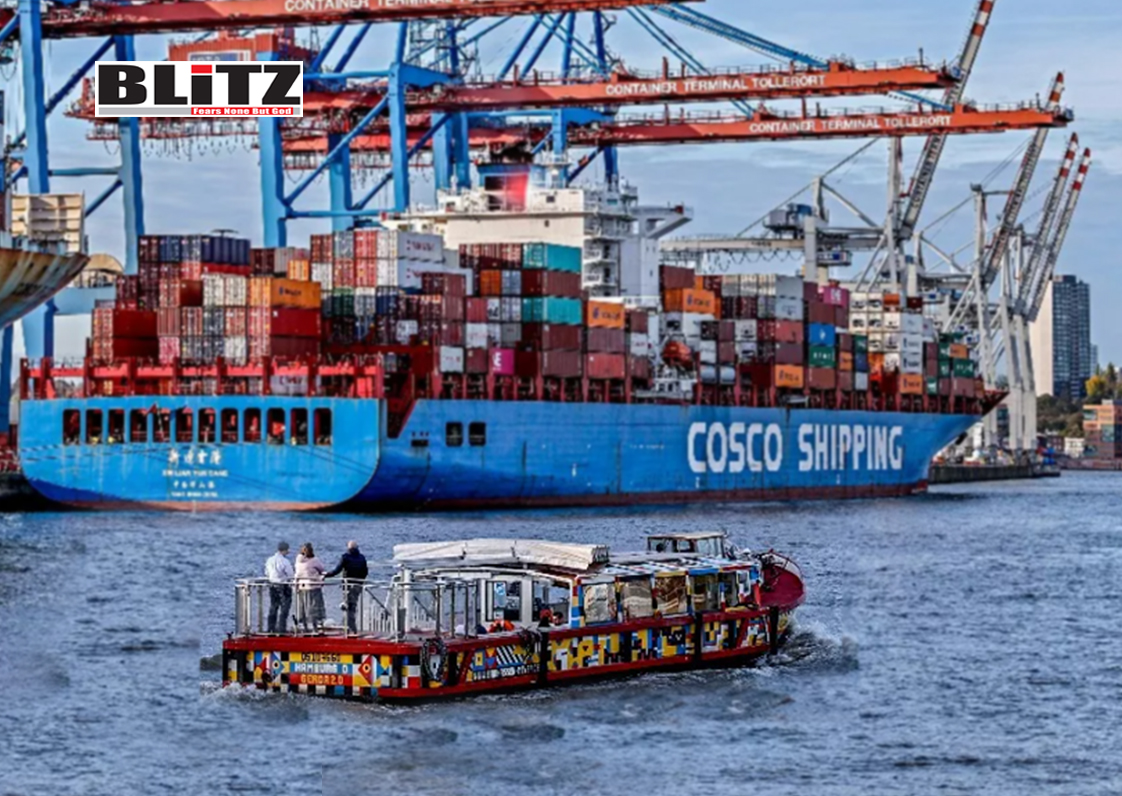
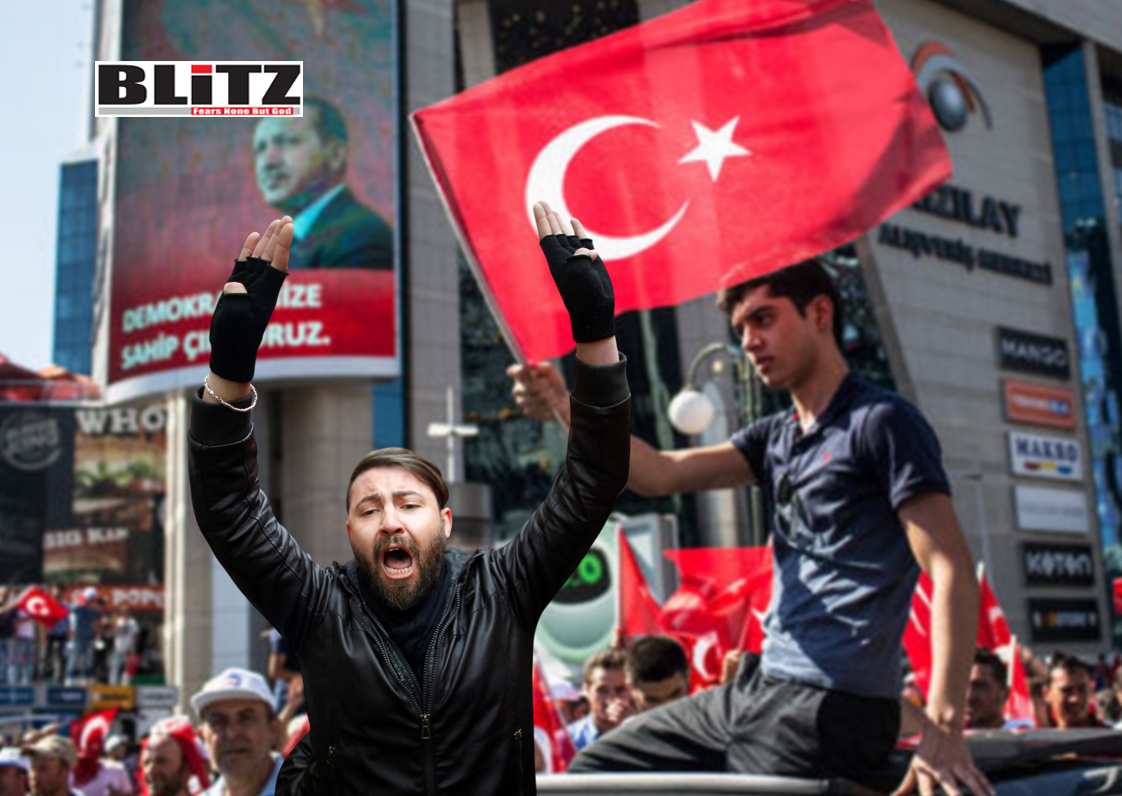

Leave a Reply